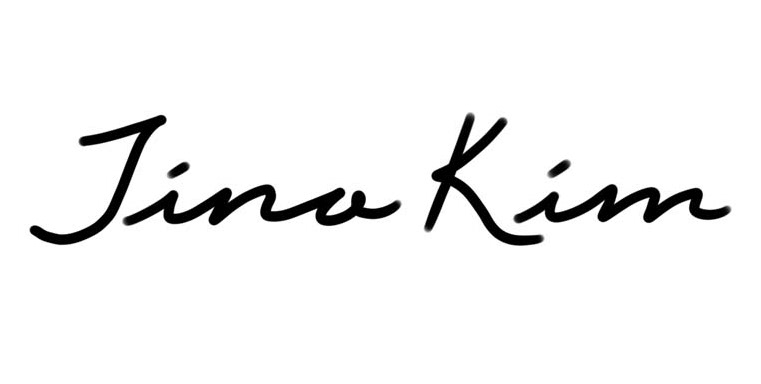Make London Tastier Through Education
KERBuild aims to empower the youth to expand their food passion and help incubate the next generation of street food markets. KERBuild, has a structure of initial partnerships between KERB(street food service platform) and universities. Through the partnership of two educational platform, the food entrepreneurship course is provided to students who are passionate about food by giving them an opportunity to build their food stalls at the universities.
Agency: KERB
Team Credit: Hyejin Lee, Jina Kim, Kiyohiro Izumo, Radhika Agrawal, Taeyeon Kim
My Role: Service Design, Illustration
Time: Jan. 2019 - April. 2019
Project Brief
KERB curate and organise street markets using their collection of innovative traders either as stand alone markets or as an addition to other events. In the meantime, they were searching for ecosystem and the networks of actor in which the platforms currently operates and could operate in the future.
We've been asked to: Rebuild and bring new type of value to all the stakeholders involved in the market as a public space, asset and opportunity, Design to activate the street food market as a community and recruit potential traders.
Design Process
How can we amplify social value of street food market?
The street food market is a public place and involves various stakeholder. While recognising the client KERB has issues with expanding its markets due to high regulations and saturation, the project was conducted with an approach to not lose a place that gives people a role of joy as a public place.
In further research we looked in to London's public assets to find out common ground of interest. Eventually, we found overlapping opportunities between KERB and universities.
Research
Here is a summary of the research we have done. Our field work involved observing and interviewing stakeholders, students and various experts.
Our Solution
KERBuild, enhance the taste of London by educating the young generation
Service structure
Kerb requires space to expand their markets, and create social value. And there is a market in schools, as students are keen on learning more about cooking, and eventually could see food as a sustainable business choice. Hence, we would like to focus on space and education to tackle it.
Steps of KERBuild
KERBuild runs once a semester, and takes a basic four-week training period. And for the shortlisted teams, they will have an opportunity to operate their stalls in university for three months. First Four weeks training will be amongst 20 participants which is formated in 5-6 teams. In the final stage, Two selected teams will continue to operate their stalls. Most of the places during the service will be in use of the facilities inside university.
Business Model
KERB and universities, will be the primary partners. KERB provides food education and universities provides campus space for KERB's food market. While KERB and the university work together for the students, KERB can operate KERB market at the university which is not only joined by KERB traders but also students. This allows KERB to make a profit which support financial side of KERBuild.
The Photos of Process
Mapping
Workshop with different stakeholders
Prototyping
Make Your Own Rice Bowl Prototyping

